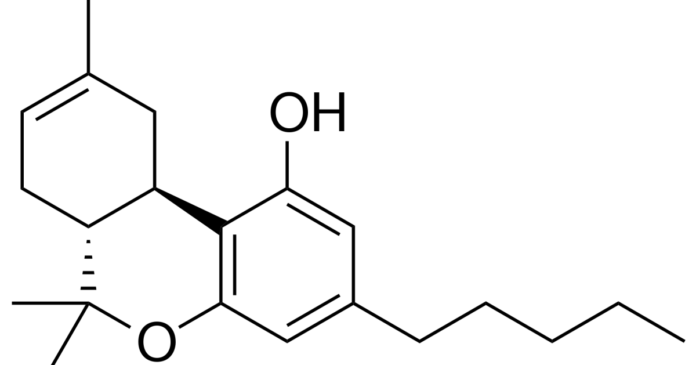Loopholes have been closed in Connecticut that previously enabled delta-8 and other THC variant products derived from hemp to be sold outside of appropriately licensed premises.
Senate Bill 1201 was signed into law June 22 and stipulates that from July 1, 2021 businesses may no longer offer or sell products made using hemp or hemp-derived products with tetrahydrocannabinol (THC) concentration exceeding 0.3 percent on dry weight basis. This isn’t just about delta-9 tetrahydrocannabinol, but also include delta-7, delta-8, and delta-10 – unless the business is a licensed cannabis retailer or medical marijuana dispensary. License applications are not yet available for alternative delta-THC products.
Delta-9 tetrahydrocannabinol is an intoxicating cannabinoid, and the other deltas are also – although it appears without the same potency as delta-9.
The change in Connecticut is designed to stop the exploitation of a loophole in the federal hemp act, which defines hemp as having a delta-9 tetrahydrocannabinol concentration of not more than 0.3 percent on a dry weight basis. As it only refers to delta-9 and the other deltas can be produced by manipulating hemp-derived CBD, it was game on – a flurry of the alternative delta products derived from legal hemp hit the market with little or no regulatory oversight.
“Prior to this change, entities were able to sell products in the normal retail market without having to adhere to any testing, packaging, or labeling standards, including childproof packaging standards, or product restrictions prohibiting forms that appeal to children,” said Connecticut Department of Consumer Protection (DCP) Commissioner Michelle H. Seagull.
For those businesses that do hold stocks of such products, they must dispose of them.
The DCP notes at least fifteen other states have already made moves to restrict or ban the sale of delta-8 in their marketplaces.
Last week, the USA’s Hemp Industries Association issued its position statement on the delta controversy. The Association backed a legal opinion that concluded Δ8THC extracted from hemp is not a controlled substance under federal law, CBD converted to Δ8THC is not “synthetic” and that the hemp industry should advocate for safe delta-8 products and production methods.


